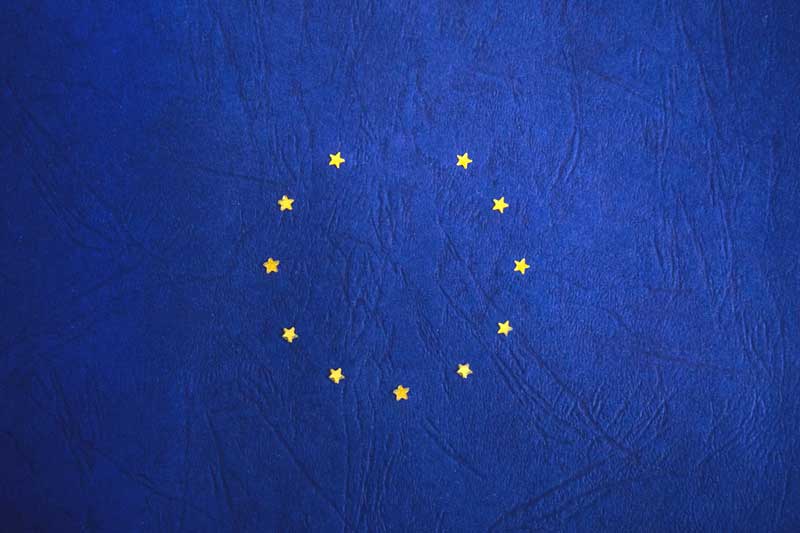
403
Sorry!!
Error! We're sorry, but the page you were looking for doesn't exist.
EU realizes its members still depending on Russian gas
(MENAFN) European Commissioner for Energy Kadri Simson has revealed that, despite significant reductions in gas imports from Russia, European Union member states still heavily depend on the country's gas supplies. Speaking at a press conference in Brussels, Simson acknowledged that as of June 2024, Russian gas constituted 18percent of the European Union's total gas imports, a notable decline from 45percent just three years ago.
The European Commission's latest report highlights a shift in the bloc’s energy landscape, with increasing imports from Norway and the United States partially compensating for the decreased reliance on Russian gas. “I know the numbers are still impressive, although they have fallen from 45percent in 2021,” Simson remarked, recognizing the progress made in diversifying energy sources.
Simson also addressed the future of Russian gas transit through Ukraine, noting that European Union member states are prepared for a complete halt when the current transit agreement expires at the end of 2024. This five-year deal, brokered by the European Union, allowed Russian energy giant Gazprom to transit 65 billion cubic meters (bcm) of gas through Ukraine in 2020, decreasing to 40 bcm annually from 2021 to 2024. Ukrainian President Volodymyr Zelensky has stated that Ukraine will not extend the gas transit agreement after its expiration on December 31.
“Referring to the lessons we’ve learned and considering the strengthened security of supply system, the European Union is well prepared for next winter and the end of the gas transit agreement between Russia and Ukraine,” Simson assured. She emphasized that the bloc is ready to operate without this agreement, thanks to alternative routes and sources of supply.
As Europe continues to navigate its energy transition and seek greater independence from Russian gas, the ongoing reliance highlights the complexities of achieving energy security amidst geopolitical tensions. The European Union's commitment to diversifying its energy sources is expected to play a critical role in shaping its energy future in the coming years.
The European Commission's latest report highlights a shift in the bloc’s energy landscape, with increasing imports from Norway and the United States partially compensating for the decreased reliance on Russian gas. “I know the numbers are still impressive, although they have fallen from 45percent in 2021,” Simson remarked, recognizing the progress made in diversifying energy sources.
Simson also addressed the future of Russian gas transit through Ukraine, noting that European Union member states are prepared for a complete halt when the current transit agreement expires at the end of 2024. This five-year deal, brokered by the European Union, allowed Russian energy giant Gazprom to transit 65 billion cubic meters (bcm) of gas through Ukraine in 2020, decreasing to 40 bcm annually from 2021 to 2024. Ukrainian President Volodymyr Zelensky has stated that Ukraine will not extend the gas transit agreement after its expiration on December 31.
“Referring to the lessons we’ve learned and considering the strengthened security of supply system, the European Union is well prepared for next winter and the end of the gas transit agreement between Russia and Ukraine,” Simson assured. She emphasized that the bloc is ready to operate without this agreement, thanks to alternative routes and sources of supply.
As Europe continues to navigate its energy transition and seek greater independence from Russian gas, the ongoing reliance highlights the complexities of achieving energy security amidst geopolitical tensions. The European Union's commitment to diversifying its energy sources is expected to play a critical role in shaping its energy future in the coming years.

Legal Disclaimer:
MENAFN provides the
information “as is” without warranty of any kind. We do not accept
any responsibility or liability for the accuracy, content, images,
videos, licenses, completeness, legality, or reliability of the information
contained in this article. If you have any complaints or copyright
issues related to this article, kindly contact the provider above.


















Comments
No comment